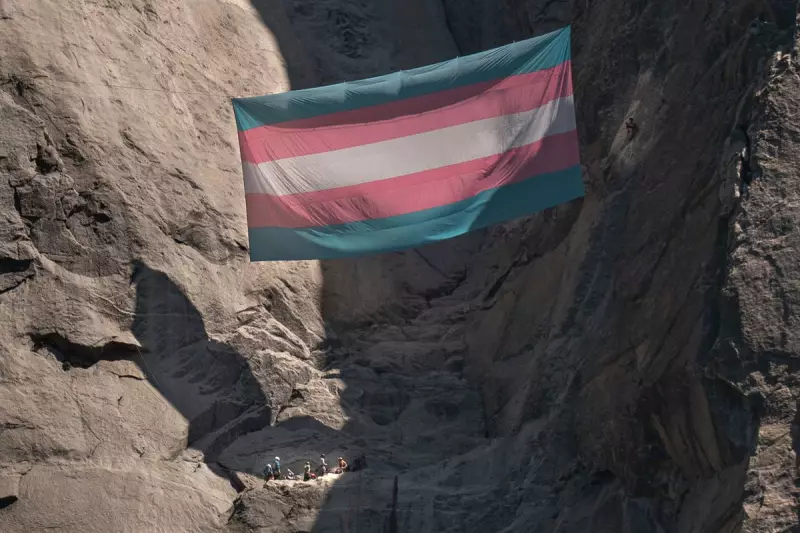
In a revelation that blurs the lines between audacity and absurdity, former US President Donald Trump is alleged to have made a staggering proposition to officials at Yosemite National Park: rename the world-renowned granite monolith, El Capitan, in his honour.
The bizarre claim, first reported by New York Times correspondent Maggie Haberman in her forthcoming book, suggests the ex-president floated the idea of dubbing the iconic cliff face 'Trump Mountain' during a meeting. The story has since ignited a firestorm of ridicule and disbelief online.
Official Denial from the National Park Service
Responding to the extraordinary allegation, the National Park Service (NPS) moved swiftly to issue a firm and public denial. A statement released on their official Twitter account read: "It is patently false to say there was ever a conversation about renaming El Capitan or any other park site for President Trump."
The NPS, which oversees America's cherished natural landmarks, sought to quash the story definitively, adding clarity to a tale that seems more fitting for a political satire than real life.
A Pattern of Grandiose Suggestions
This incident is not isolated. Ms. Haberman's reporting indicates it aligns with a recurring theme of Mr. Trump seeking to attach his name to prestigious properties and locations.
Similar anecdotes include his alleged desire to have his portrait displayed on the $20 bill and a purported interest in acquiring the Greenland territory. These episodes paint a picture of a leader consistently preoccupied with legacy and brand recognition on a monumental scale.
El Capitan: An Untouchable Icon
The very suggestion of renaming El Capitan demonstrates a profound misunderstanding of the site's significance. The 3,000-foot rock formation is not merely a tourist attraction; it is a sacred symbol of the American wilderness, a world-class destination for climbers, and a central character in the history of conservation.
Its current name, derived from the Spanish for "The Captain," has stood for over two centuries. The public and media reaction to the story has been one of unified mockery, with many expressing relief that such a grandiose and egotistical proposal was never seriously considered.





